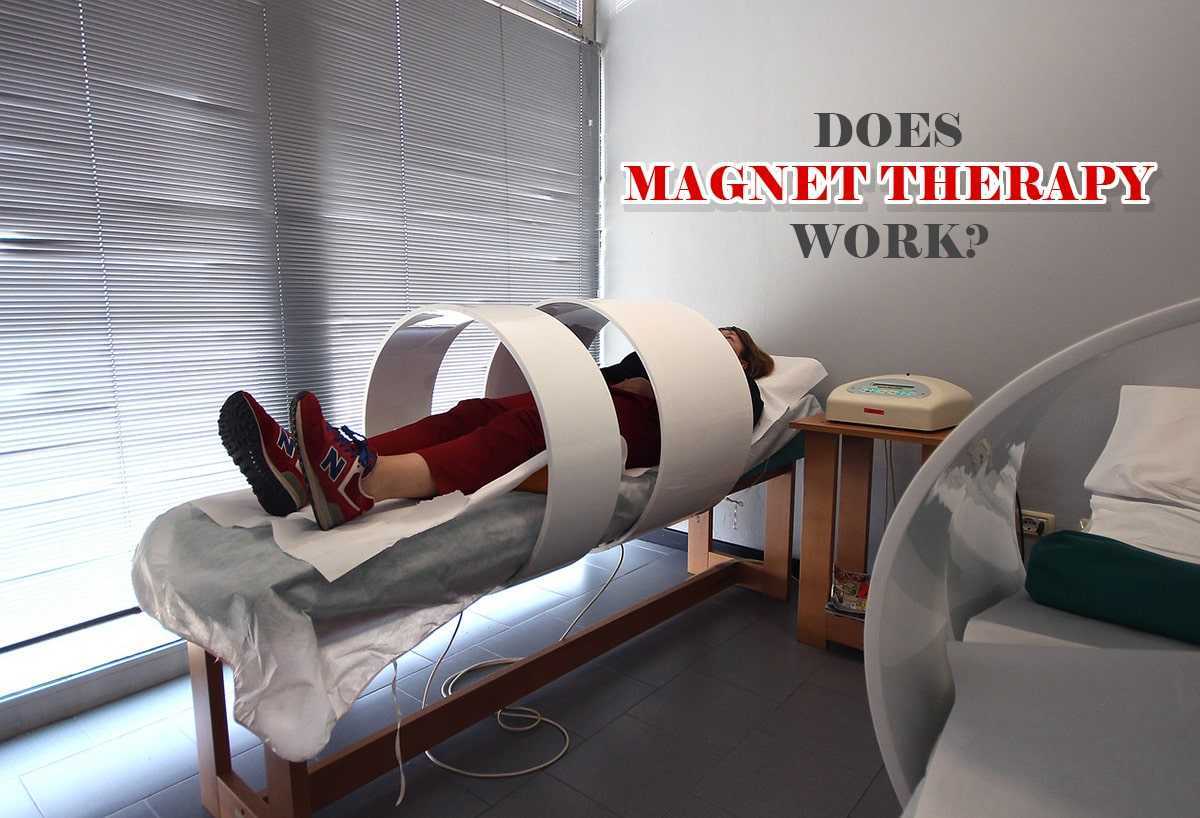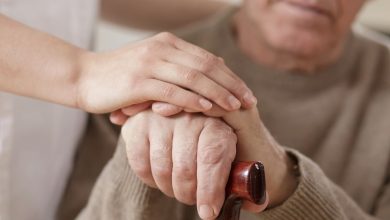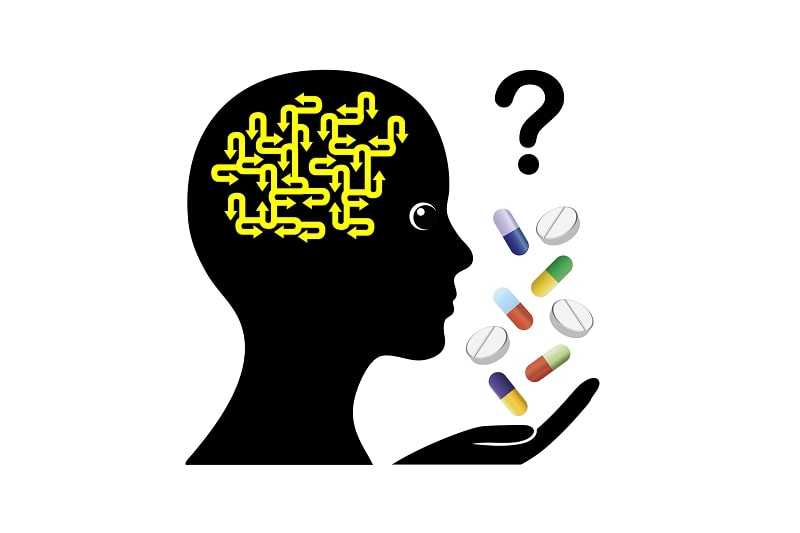6 Critical Problems Caused By Parkinson’s!

Although Parkinson’s disease usually affects patients’ mobility, there are different problems it can cause. In this article, we will talk about 6 critical problems caused by Parkinson’s. Continue reading!
Parkinson’s disease is a severe disease that causes movement disorder, which is chronic and progressive, resulting from the dysfunction of neurons in the brain. Some of the affected neurons produce dopamine, a chemical that sends messages to parts of your brain that control movement and coordination. The amount of dopamine in the brain decreases with the progression of Parkinson’s, leaving patients unable to control movement. As a result of a decrease in the amount of dopamine in the brain, the mechanism by which patients initiate movement and control movement is disrupted since Parkinson’s disease develops gradually, it initially begins with tremor, which often occurs at rest in a unilateral hand, or loss of facial expression, that is, facial expressions.
Over time, quakes also happen in other arms or legs. Although there is no definitive cure for Parkinson’s disease, various medications and treatments reduce symptoms in patients and significantly improve life quality. In some patients, especially in individuals where the tremor is very dominant, battery therapy may be applied.
For this reason, patients should be under regular follow-up, their medications should be adjusted according to the person and according to the course of the disease. At this point, the relationship between the patient and the doctor plays a vital role.
What Problems Does Parkinson’s Cause?
Critical problems Parkinson’s can cause include:
Anxiety, Anxiety, and Depression
It’s normal for any chronic illness to worry or upset you. In people with Parkinson’s, this condition may be caused by chemical changes in the brain. Parkinson’s disease can increase the risk of depression by affecting the hormone serotonin, regulating our mood. Most people with Parkinson’s suffer from depression at some point in their lives. If you feel bad or feel hopeless, you can get psychological help by talking to your doctor.
Difficulty Swallowing
Parkinson’s disease can weaken your mouth and jaw muscles, which help you chew and swallow food. Difficulty swallowing in the advanced stages of Parkinson’s disease can increase the risk of suffocation or food and drink seeping into your lungs, causing pneumonia. At the same time, Parkinson’s patients produce more or less saliva than usual. This can also make swallowing difficult.
Dementia Disease
Parkinson’s can also disrupt parts of the brain that control thinking and memory, if not constantly. Between 50 to 80% of Parkinson’s patients develop abnormal protein deposits in their brains called ‘Lewy.’ These particles are the same as those in people with dementia with Lewy bodies. Some of the drugs used to treat Alzheimer’s disease and other types of dementia also help Parkinson’s dementia.
Sleep Problems
One of the common problems with Parkinson’s disease is sleep disorders. Problems such as insomnia, nightmares, restless legs syndrome, and sleep apnea can disrupt your sleep quality.
Bowel and Bladder Problems
Parkinson’s disease can disrupt the flow of messages your brain transmits to your bladder and intestines. This condition can cause problems such as constant urge to urinate, stress incontinence, constipation, diarrhea. Going to the toilet regularly, increasing your fluid intake, and changing your diet can alleviate your problems.
Involuntary Movements (Dyskinesia)
Some drugs used for Parkinson’s disease cause dyskinesia by altering dopamine levels in your brain. High doses of the drug can cause out-of-control movements in people, such as shaking, twitching, shaking, or fidgeting.
Although there is no definitive treatment for Parkinson’s disease, symptoms can be controlled with medications, lifestyle changes, and physical therapy used in patients. Parkinson’s drugs increase dopamine, which helps manage tremors, improve movement control and keep patients walking normally. As time passes, the effects of these drugs may decrease. When this happens, deep brain stimulation or other surgical options may be the best way to relieve symptoms.





